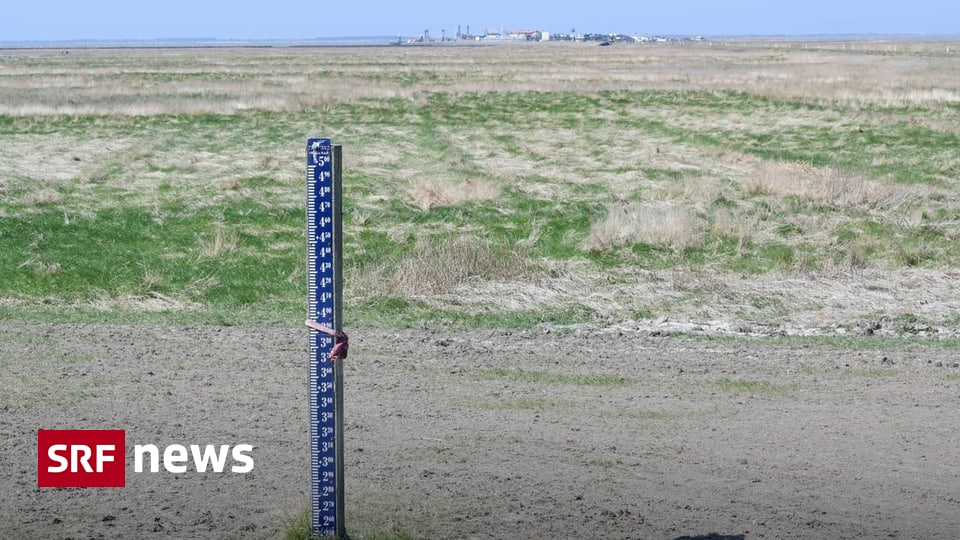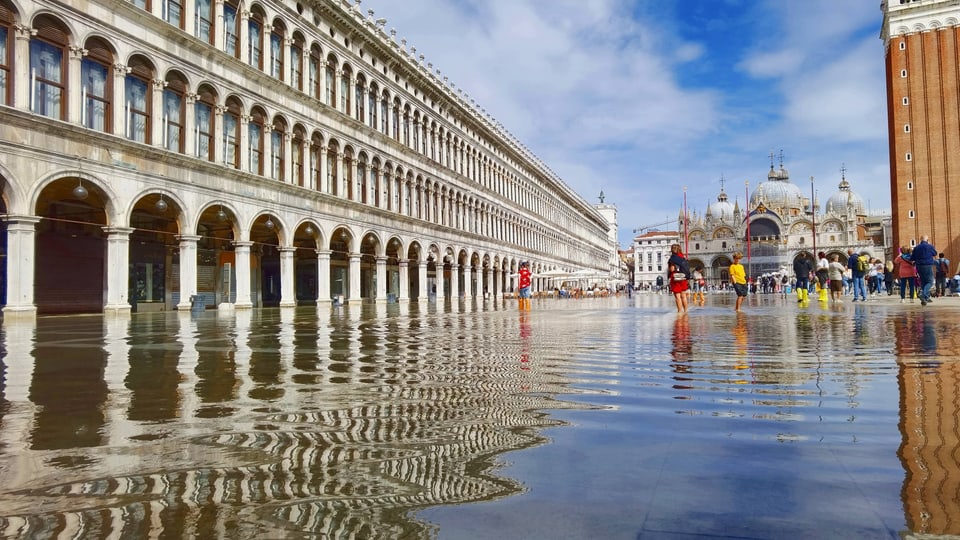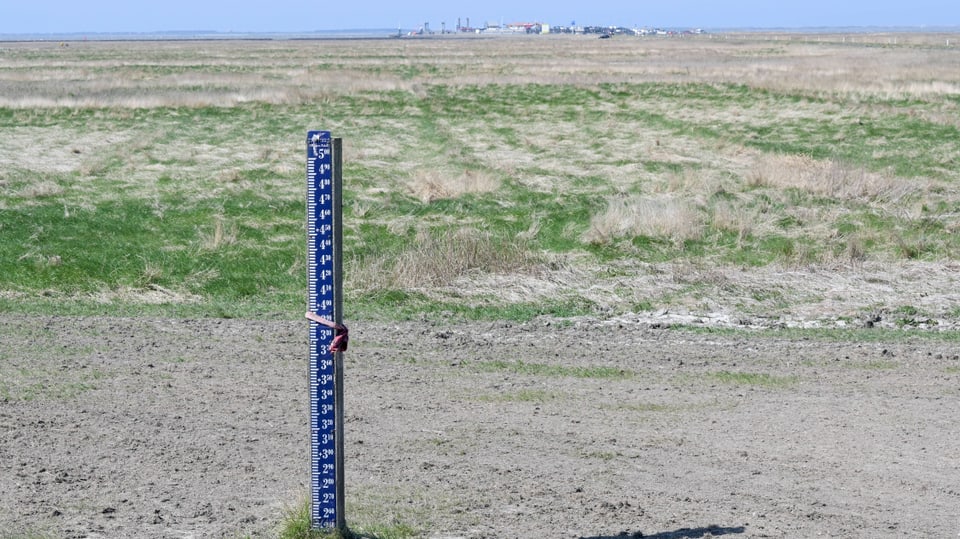
Based on the extreme situation of the World Climate Report, a study shows which coasts are economically threatened by what.
If sea level continues to rise by 1.5 meters by 2100, how will economic performance in Europe develop? A team from Delft University of Technology has investigated this question in detail for the first time.
In the Netherlands, for example, a quarter of the country's surface is already below sea level. However, because the country is well protected from the sea by sophisticated dikes, the damage caused by sea level rise will be significantly deeper than in neighboring Belgium.
Most dangerous: Italy's coasts in the northeast
Italy, on the other hand, will suffer more than Belgium, says Theodoros Chatzivasileiadis from TU Delft: “The Veneto region in the north-east of the country will lose 20 percent of its economic output. In neighboring Emilia-Romagna it is ten percent.
According to the study, southern Italy with its steep coastlines will not be affected. Nevertheless, Italy will be the hardest hit in Europe as a whole, with a loss of economic output of two to five percent, along with Latvia, Denmark, Ireland and Portugal.

Purana:
The lagoon city of Venice is always flooded. However, one scenario assumes that without countermeasures, St. Mark's Square will remain under water until the year 2100.
Imago/Kai Koehler
However, areas far from the sea are likely to benefit little. Because part of the economic activity will move away from the coast. For example, Austria's GDP will increase by one to two percent. Switzerland, which was not part of the study, is also expected to benefit from the change.
No forecast – adjustment is not taken into account
The study is based on the extreme scenario of the World Climate Report. Sea levels are not currently expected to rise this rapidly within 80 years. In addition, the researchers did not pick up on any changes in rising sea levels. So the numbers should not be interpreted as exact predictions.

Purana:
A water level indicator at Hollwerd in the Dutch province of Friesland. In the background is the ferry terminal to the island of Ameland in the Wadden Sea.
Imago/Zorg bottling
However, the researchers took into account a large number of direct and indirect damages in various economic sectors, so that the various areas affected are well represented.
And what if the water rises too fast?
But it could also be faster, says Professor Tatiana Filatova from Delft University of Technology. Potential tipping points such as rapid melting of the West Antarctic ice sheet were not taken into account in the study.
This study is useful in assessing where and how much one should prepare for a sea rise. Or it might even make sense to move away from the beach partially or completely, Filatova says.

“Wannabe pop culture fanatic. Zombie advocate. Entrepreneur. Internet evangelist. Alcohol fanatic. Typical travel buff.”





More Stories
Choosing the Right Quality Management Software for Your Industry
If guests bring items: Can shower gel be packed from the hotel?
This diet can prevent death from dementia